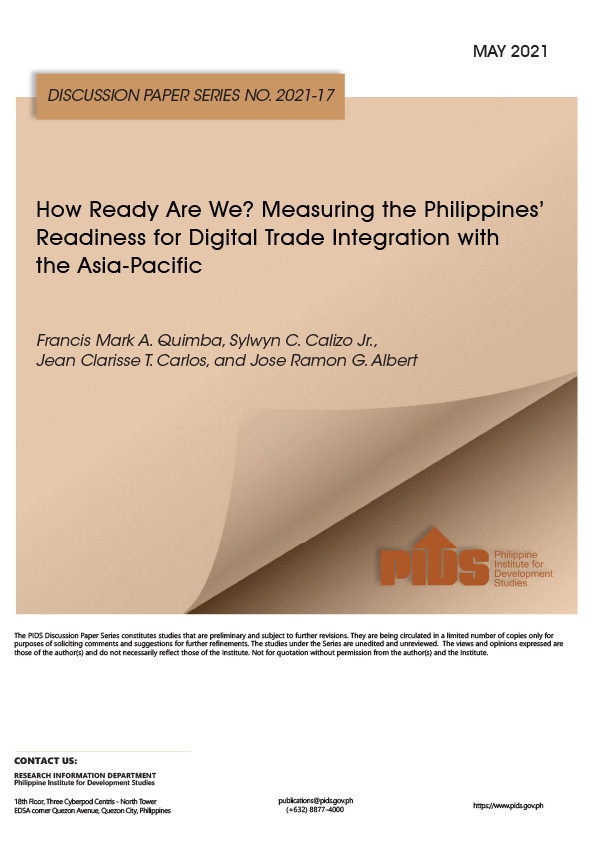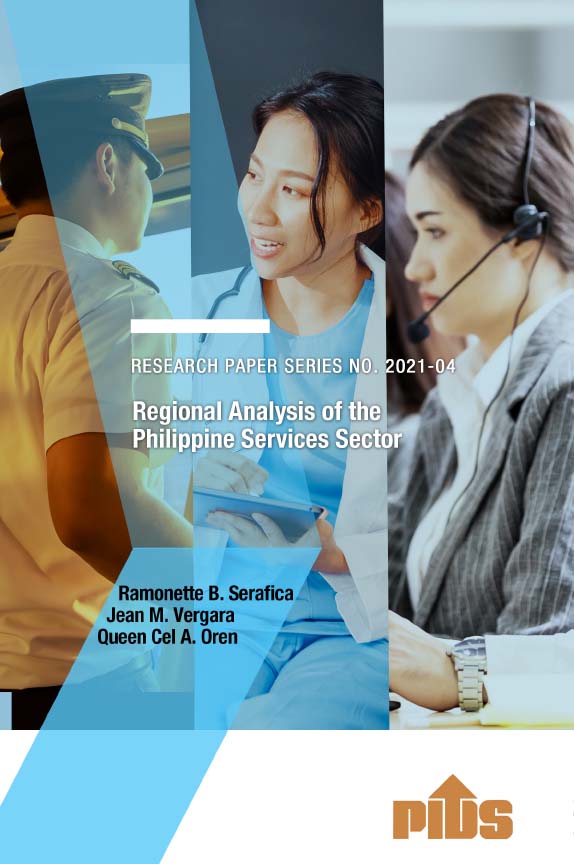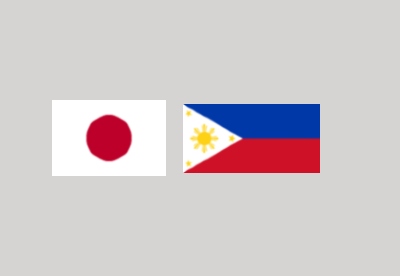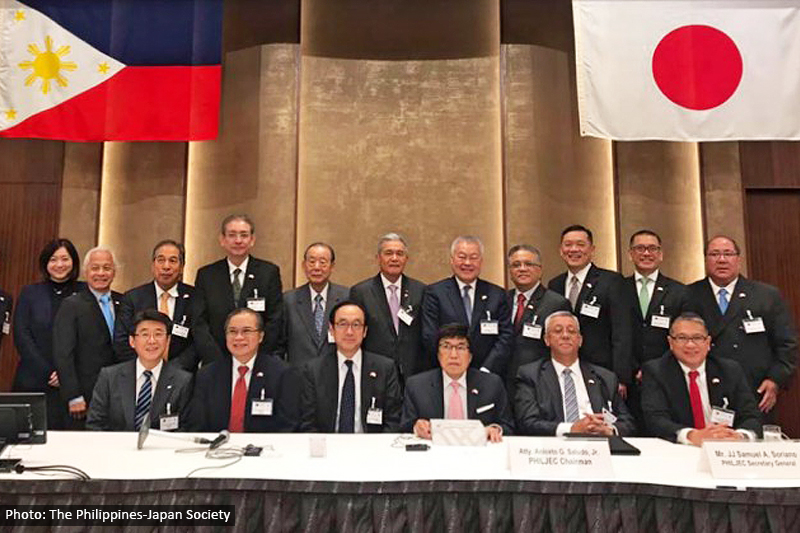Providing more incentives can encourage the development and growth of social enterprises (SE), or local business groups that seek to create wealth by helping a community produce world-class products, in the country, according to the Philippine Institute for Development Studies (PIDS).
In a study, titled Strengthening Social Enterprises for Inclusive Growth: Philippines, PIDS research fellow Marife M. Ballesteros and its president Gilberto M. Llanto said these incentives can include longer tax breaks.
“The incubation period for these enterprises tends to be longer compared to MSME [micro, small and medium enterprises] since the organization and capacity-building process with partner-communities takes time. The government can support the development of social enterprises by providing incentives for venture capitalists to invest in social enterprises,” Ballesteros and Llanto said.
These incentives can be encapsulated in laws that can be the policy foundation of SEs in the Philippines.
The study said the Social Enterprise Bill or Present Act has been filed at the House of Representatives and Senate of the Philippines.
Both versions provide tax exemptions and tax breaks for SEs. The bill provides for a longer tax break period of 10 years for SEs compared to the three years for Barangay Micro Business Enterprises.
The bills also provided for cash incentives of 25 percent of the minimum wage to enterprises that will employ persons with disabilities.
“The local regulatory indicators for social enterprises should also work along the lines of ease in doing business, such as starting a business, paying taxes, getting credit, enforcing contracts, closing a business, etc.,” the authors said.
Based on the crowd sourced information on the social directory called ChooseSocial.PH, there are currently 37 SEs operating in the retail sector; 12 in food and beverage; eight in tourism and hospitality; and five each in services to social entrepreneurs and consulting and professional services.
There are also four social enterprises in education; two in the arts and energy and infrastructure; and one in environment and animal protection.
In 2013 the ADB said the Philippines must maximize its potential in developing SEs that cater to the needs and wants of poor and lower middle-class Filipinos.
The Inclusive Business Market in the Philippines report released by the ADB, the Bottom of the Pyramid (BoP), composed of the poorest of the poor and lower middle-class Filipinos, is a $33.4-billion-worth market.
The Manila-based multilateral development bank classified the BoPs as those earning below P18,000 a month for a family of five, or below $3 a day in terms of purchasing power parity terms.
The report said the total number of BoP customers in the Philippines reaches 57.4 million Filipinos. This means that 62.5 percent of the country’s total population lives below $3 per day, based on purchasing parity terms.
Those Filipinos living below $2 per day or around P12,000 a month accounts for 41.7 percent or 38.1 million of the entire population of the country. The study also stated that 18.4 percent or 16.9 million Filipinos, considered the poorest of the poor, live below $1.25 a day.//
PIDS study supports grant of perks to social enterprises












